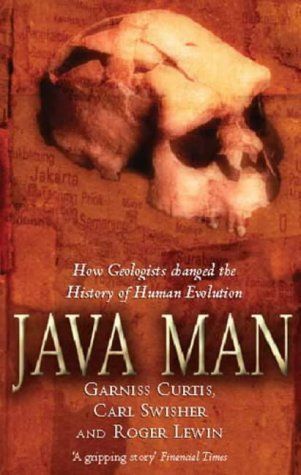
Java Man How Two Geologists' Dramatic Discoveries Changed Our Understanding of the Evolutionary Path to Modern Humans
A scientific narrative of a landmark discovery, involving the fascinating adventure of the Dutch physician Eugene Dubois and his search for early humans in Java in the East Indies a century ago. There he uncovered the first fossils of our immediate ancestor, Homo erectus. A century later, the authors brought the power of the most sensitive radiosotopic dating technique to Homo erectus fossils from the same island where Dubois toiled so diligently. Their true age is almost two million years old, a million years older than anthropological theory has held, and the implications are profound. Not only does it mean that Homo erectus left Africa almost a million years earlier than was believed, indicating that it was a very different kind of animal than we thought; it also tells us that our own species, Homo sapiens, evolved rapidly and recently, in Africa. This solves anthropology's most contentious and rancorous debate, that of the origin of modern humans and the fate of the Neanderthals.